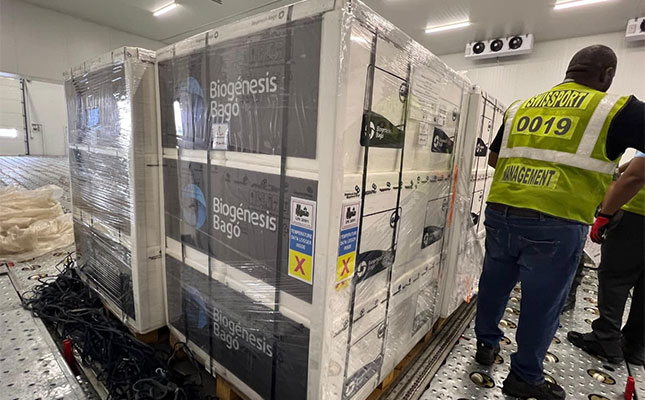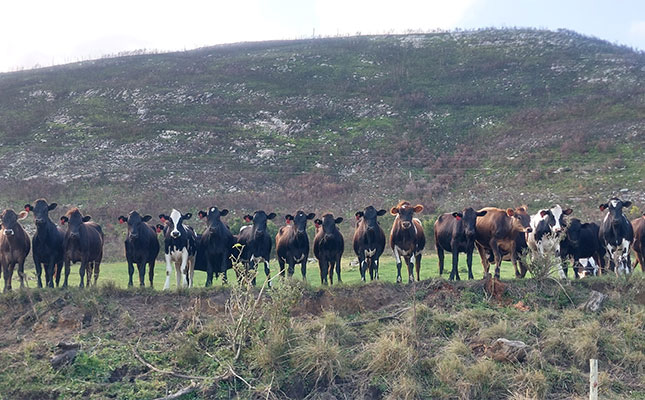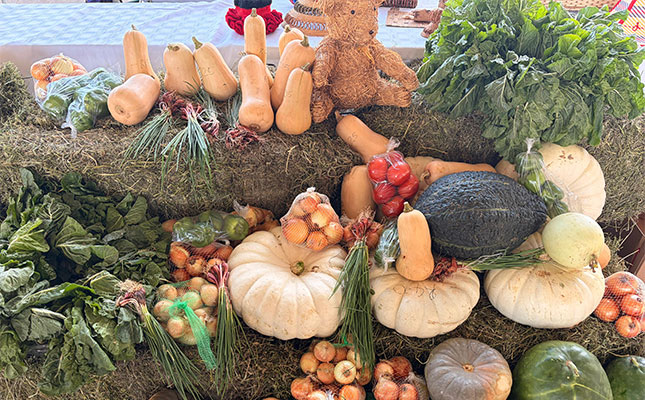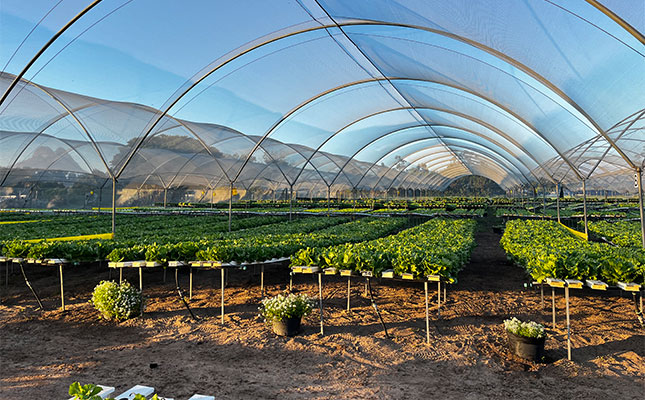
Speakers at this year’s Subtrop Marketing Symposium held in White River, Mpumalanga, last week, noted that South African avocados competed on an unequal playing field. Rectifying this is key to growing exports, which this year amounted to 20,5 million 4kg cartons and added R3,5 billion to the local economy.
While South Africa has made much headway in opening new markets for avocados, Tracy Davids, executive director at the Bureau for Food and Agricultural Policy, said that market access was important, but its significance decreased if import tariffs imposed on us were higher than for other countries.
Derek Donkin, CEO of Subtrop, pointed to avocado access in India, where South Africa faced an import duty of 30%, compared to Tanzania who traded without a tariff since the country was classed as a least-developed country.
“Tanzania is the biggest supplier of avocados to India, although their production is far smaller than South Africa’s. If we can grow that market beyond what Tanzania can supply, there would be more room for South African avocados. But we would need to look at the tariffs and phytosanitary barriers,” Donkin said.
India and China both require South African avocados to be treated with methyl bromide. “It can be done, but it is not the best option from an environmental, health and safety point of view. We need to convince both countries that hard avocados are not a host for fruit flies,” he added.
Japan, on the other hand, requires that South African avocados receive a cold treatment at 2°C for 19 days. This means that exported fruit need to be fairly mature, which reduces the marketing window to that country.
Donkin noted that while import tariffs are being looked at, it was important to consider alternatives to free trade agreements, since South Africa was hesitant to open its market to competing goods from elsewhere in the world. “The motor and agricultural industries in South Africa both generate the same export revenue, so it’s important to protect both.”
Subtrop and Fruit SA are currently conducting research on the impact of reducing imported agricultural input costs as a way to better compete internationally.
Wandile Sihlobo, chief economist at Agbiz, delivered good news in terms of expanding trade within BRICS+ (Brazil, Russia, India, China, South Africa, Iran, Egypt, Ethiopia and UAE countries).
“With the new countries added, half of the global agricultural trade will take place within this bloc. There is already much talk about prioritising agricultural trade, and any favourable tariff agreements will have a big impact on South Africa.”
He said that South Africa should focus its attention on reducing import tariffs in key countries within the bloc. This included India, China, Egypt and the UAE.
“Expansion of trade within BRICS+ is vital due to the growing global risks that require diversification in trade. Countries are taking a protectionist stance, so working within a bloc like BRICS+ to attain favourable tariffs will be key.”
Get trusted farming news from Farmers Weekly in Google Top Stories.
➕ Add Farmers Weekly to Google ✔ Takes 10 seconds · ✔ Remove anytime










